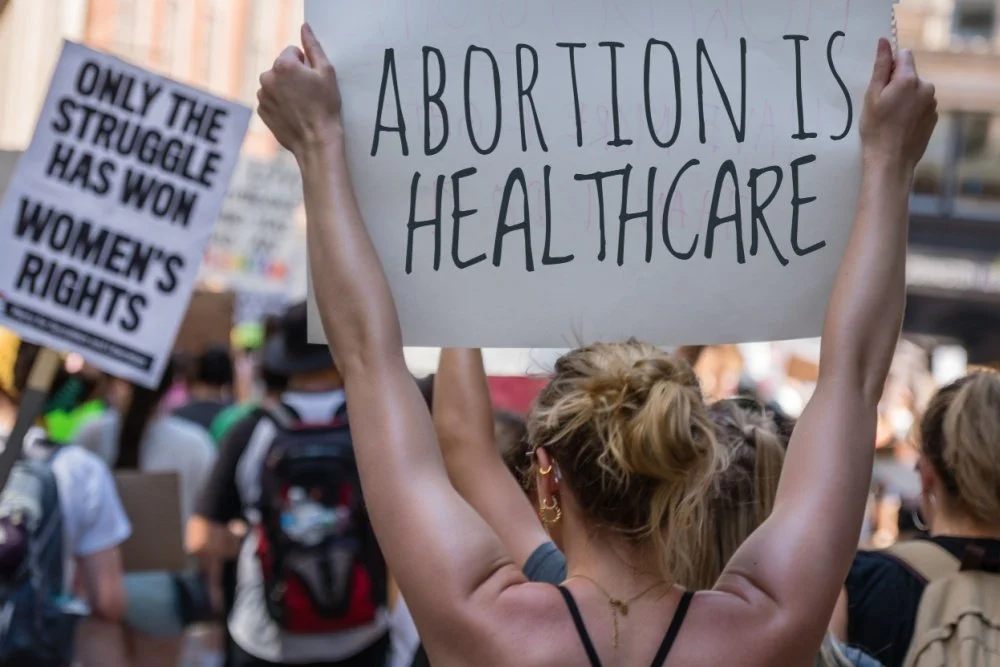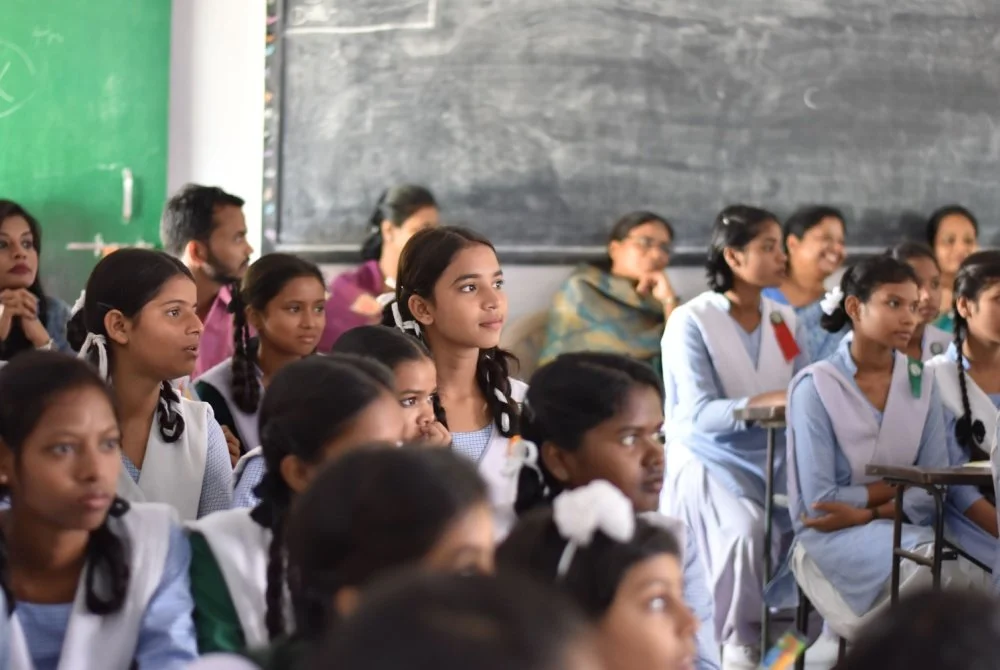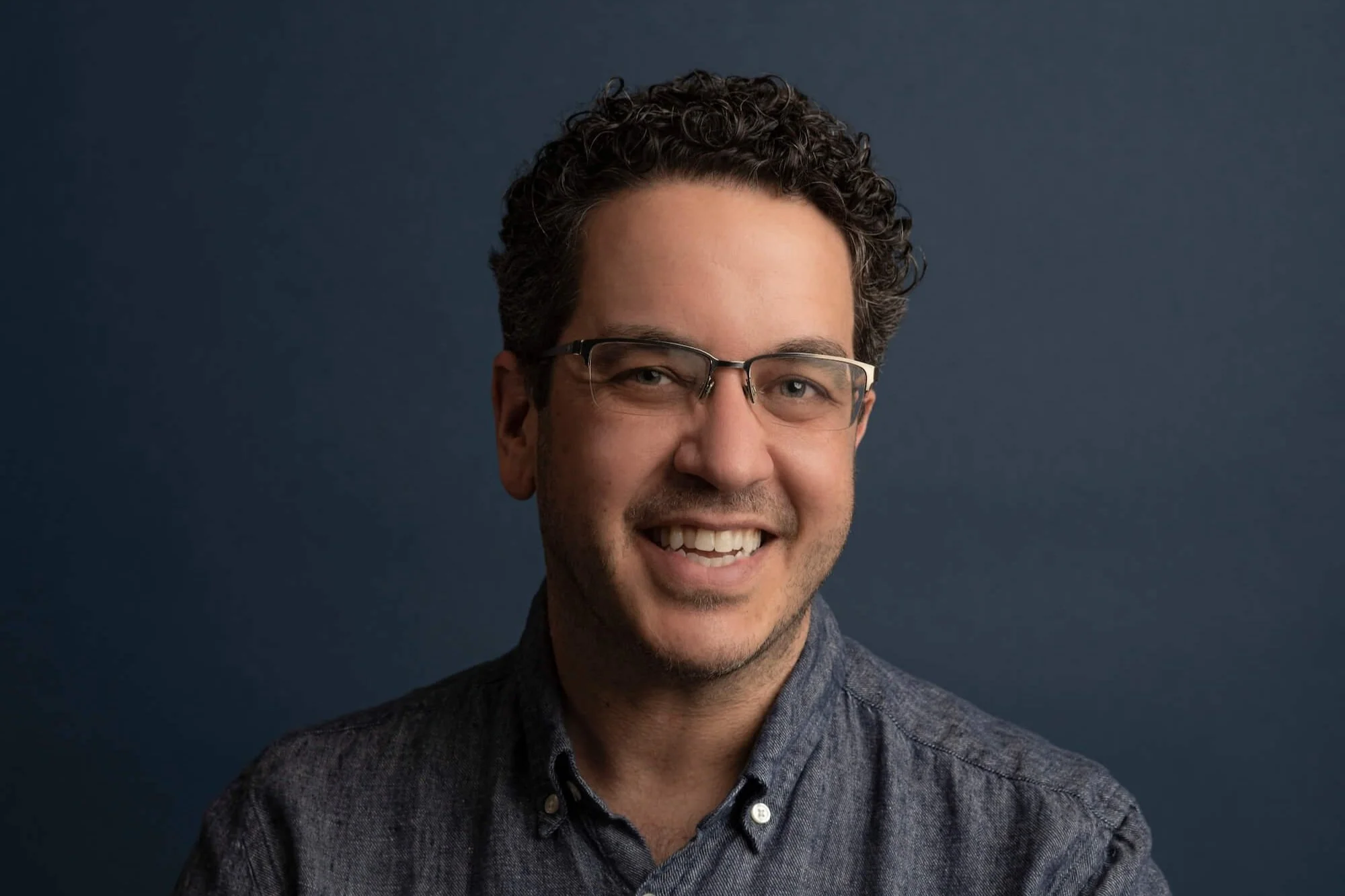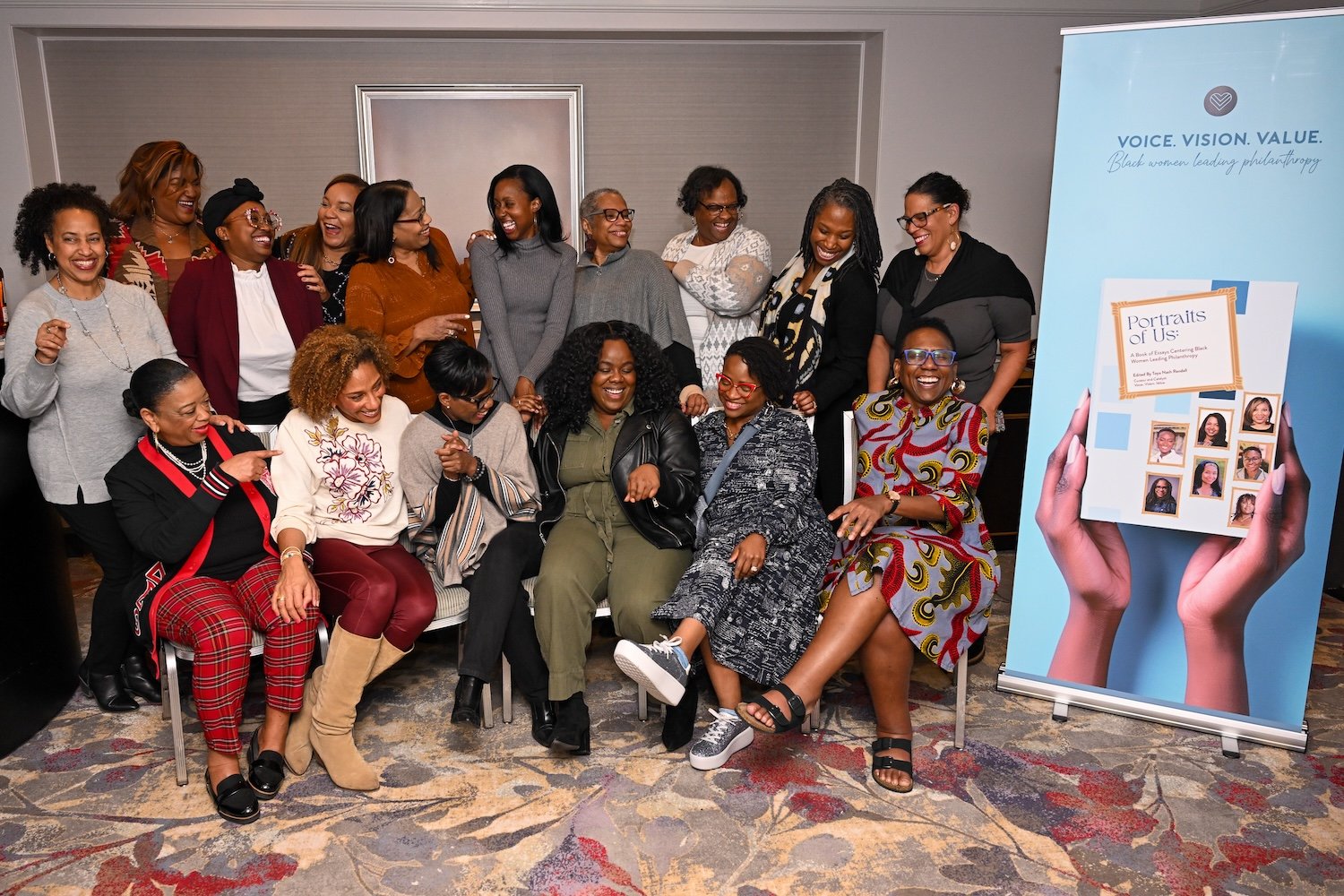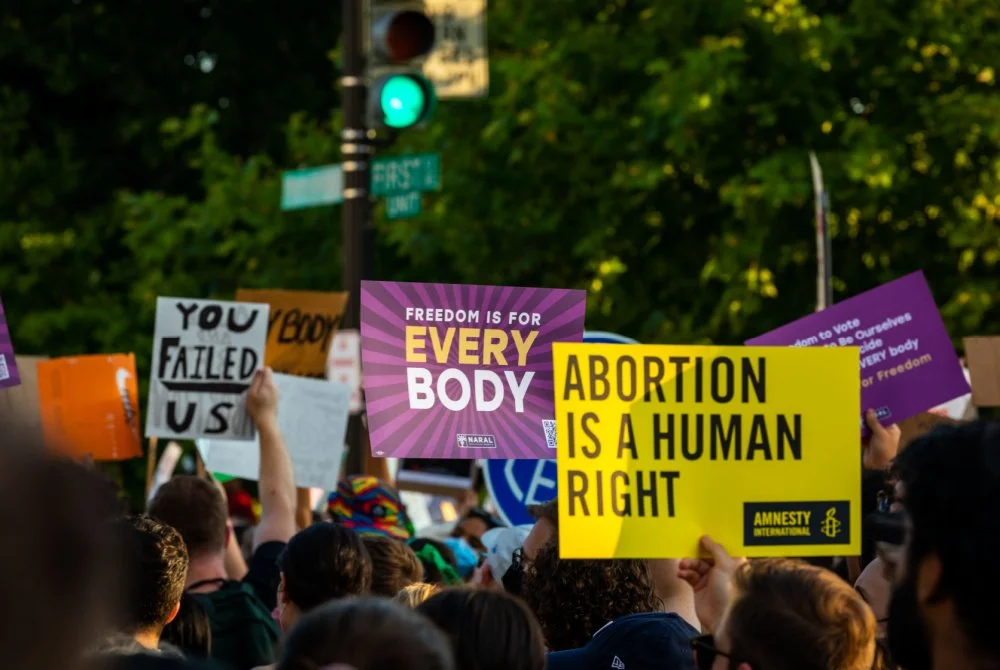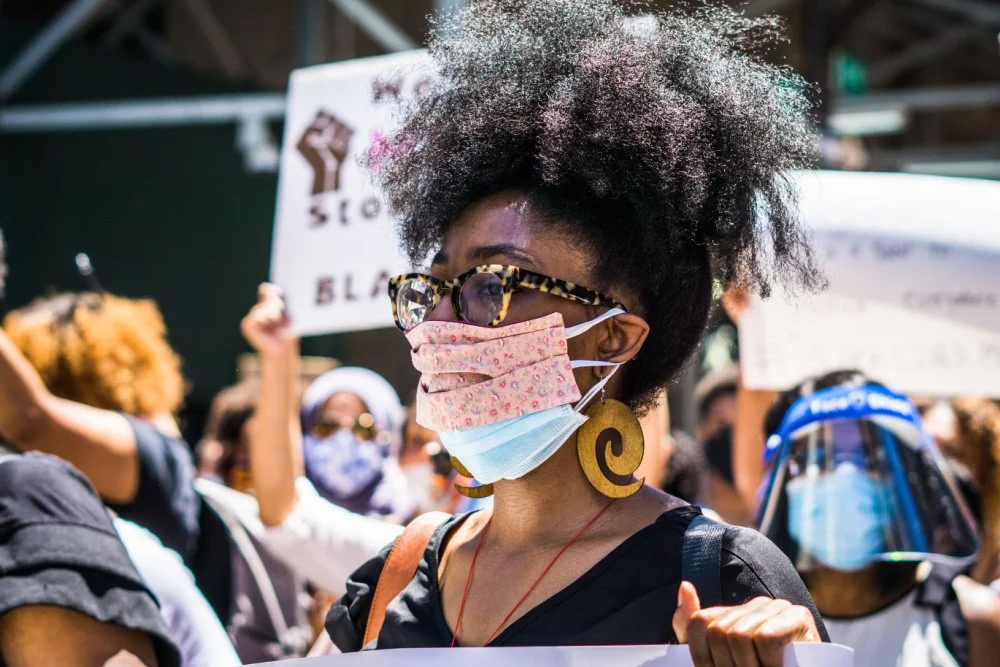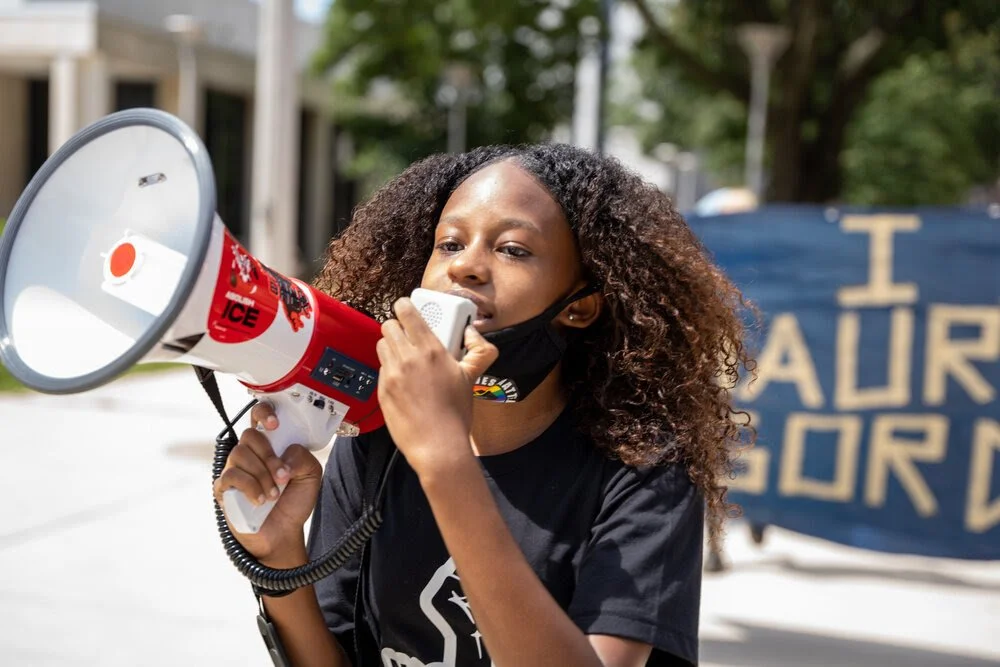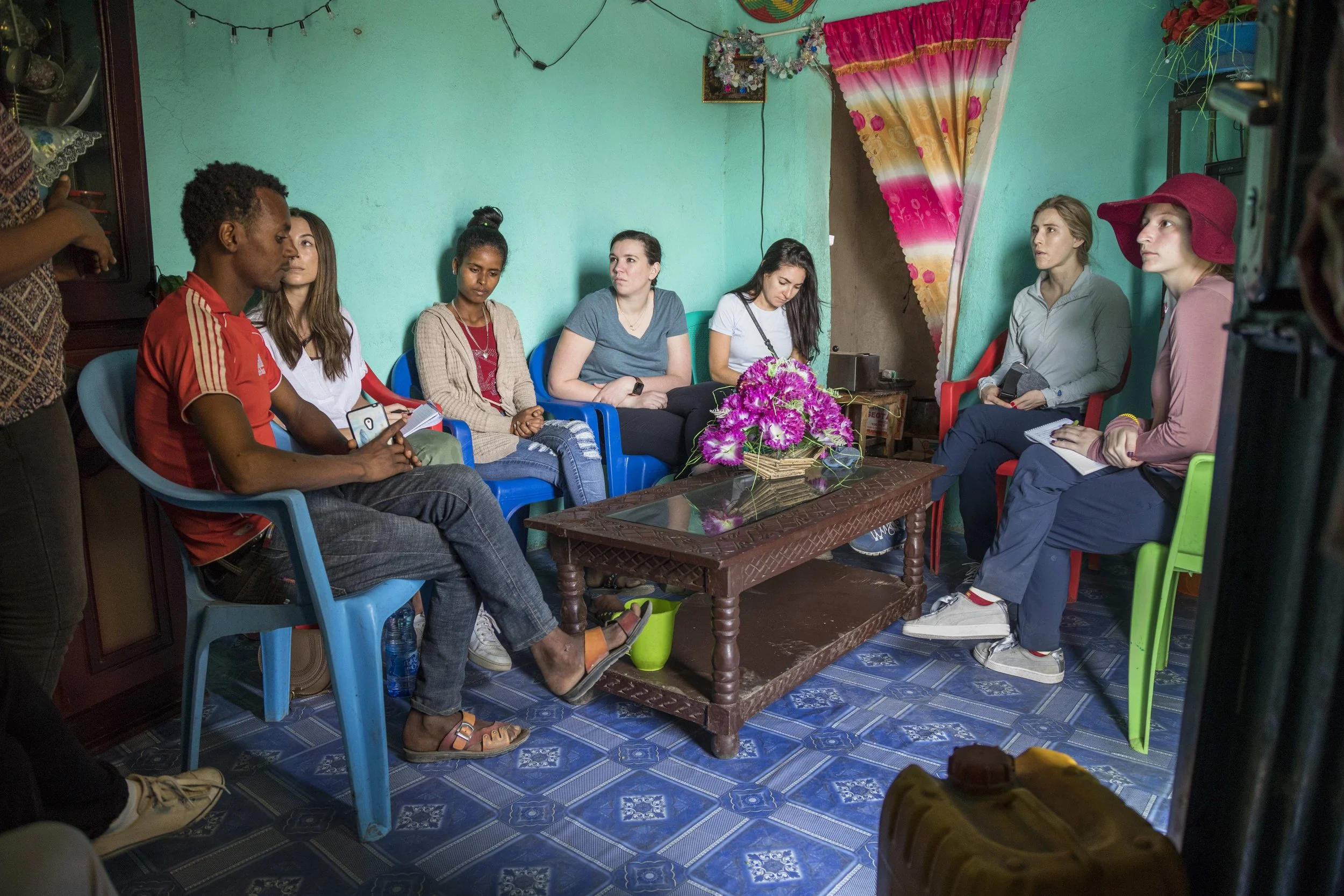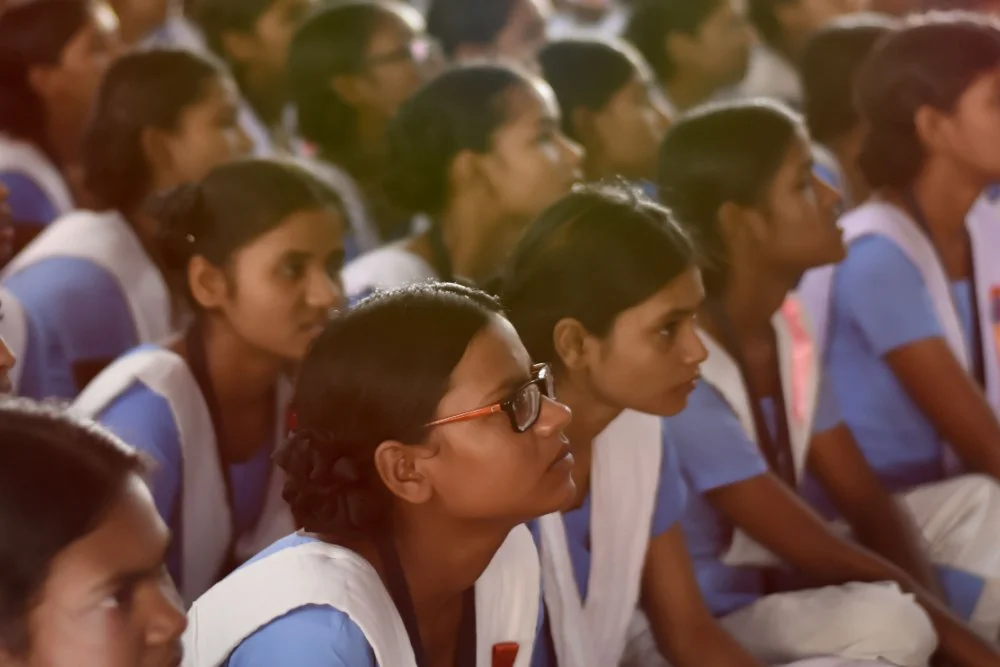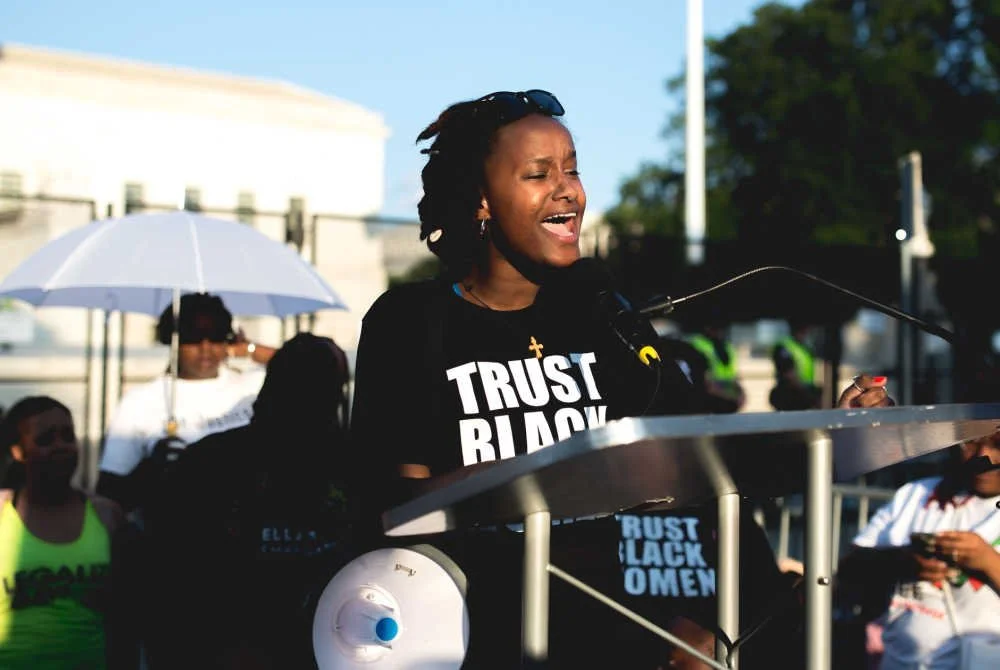A Funder Takes on Maternal and Infant Mortality Here At Home
/photo: In The Light Photography/shutterstock
When you think of philanthropic efforts to lower the mortality rate of mothers and infants, you probably think of grants to developing countries where deaths for childbirth complications are most common, and you would be right. The Groundswell Fund is an exception to that rule. It recently pledged $500,000 through its Birth Justice Fund to make midwife and doula care and training more accessible to women of color, low-income women and transgender women.
Although maternal mortality is a much more common problem in low-income, developing countries, the U.S. has one of the worst maternal mortality rates when compared to other industrialized countries, according to the U.S. Centers for Disease Control. When you zoom in on racial gaps in maternal and infant safety and health, the numbers get worse. Black women are three to four times more likely to die of childbirth complications than white women. Similarly, the infant mortality rate for African American children is more than twice the rate for white babies.
The Groundswell Fund emphasizes reproductive rights of women of color, low-income white women and transgender people in the U.S., so this issue falls right in its sweet spot. The foundation believes the solution to these disparities is making midwives and doulas more accessible.
“Community-based, culturally competent midwifery and doula care is producing dramatically lower rates of C-sections, low infant birth weight and maternal mortality, and higher rates of breastfeeding and positive birth outcomes in communities where conventional hospital birth has failed to move the needle for decades,” said Vanessa Daniel, an executive director at the fund.
The fund is dividing the $500,000 in grants to more than 20 organizations with a history of working in these communities. Several of the grantees have proven track records of reducing birth complications for women of color, low-income women or transgender people. One grantee, the Florida-based Commonsense Childbirth, Inc., uses a midwife care model that has been shown to help women of color carry babies to term. Another, Breath of My Heart Birthplace, has a 2.3 percent cesarean section rate compared to the statewide rate of 23.8 percent and a 32.7 percent national average. The organization serves a high percentage of Latina and Native American women in rural New Mexico.
This gift differs from other funding around maternal and infant mortality in that it’s domestic in focus. Most of the dollars fighting maternal mortality go abroad, which makes sense. About 300,000 women die each year from childbirth complications. Most of those deaths, 99 percent, occur in the developing world, with more than half in sub-Saharan Africa alone.
These heartbreaking numbers explain why most funders working on the maternal health side of reproductive health focus their work abroad. The Bill and Melinda Gates Foundation funds projects in Ethiopia, northern Nigeria and the Indian states of Bihar and Uttar Prades, which the foundation says account for a significant portion of the world’s newborn deaths.
Bloomberg Philanthropies also send maternal health dollars abroad, with an emphasis on Tanzania. The organization is also involved in the Family Planning 2020 partnership, with a special focus on Burkina Faso, Senegal, Uganda and Nicaragua.
But Groundswell isn't alone among grantmakers in focusing on maternal health in the U.S. Another exception to this rule is Merck for Mothers, an initiative from the pharmaceutical company aimed at improving birth outcomes in the U.S. The U.S., along with India, Senegal, Uganda and Zambia, is one of the countries where Merck focuses its work to improve maternal mortality rates. Merck chose the U.S. as a focus because the maternal mortality rate is increasing in the country, even as it decreases globally. The U.S. is one of very few wealthy countries where the problem is getting worse, the company said.
On the one hand, it makes a lot of sense to back work helping mothers in the developing world, where the money is most needed. Philanthropists have limited funds and want to spend them where they will have the most impact. Within the U.S., most funding for reproductive health focuses on preventing unwanted pregnancies through sex education and access to birth control and abortion. Women in other developed countries tend to have access to contraception through national health systems, but in the U.S., it’s much harder to get, especially for low-income women. For this reason, global health funders that focus on reproductive rights abroad, like the Susan Thompson Buffett Foundation and the Packard Foundation, often include the U.S. in their work.
However, as we mentioned, access to contraception is not the only area of reproductive health where the U.S. falls behind its peers, especially when it comes to disparities in health and safety for mothers and infants of color or lower income levels. So it’s great to see Groundswell step up to support mothers here at home.
Related:


